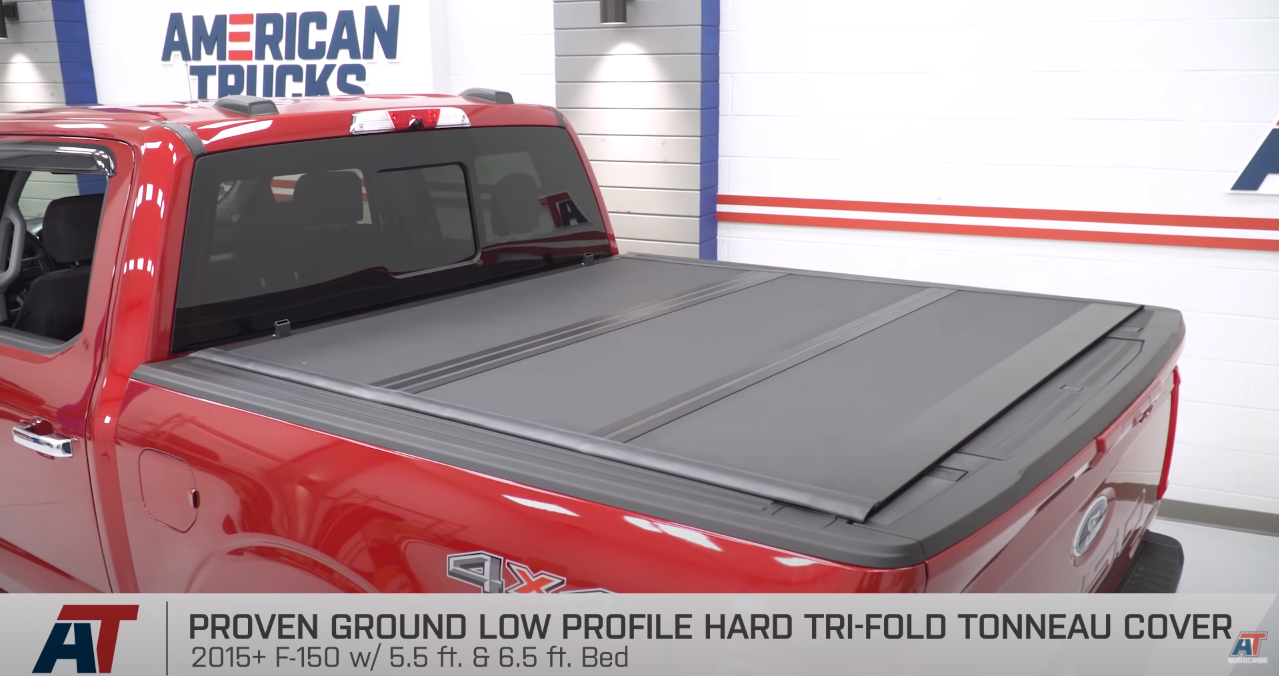Truck insurance covers the trucks that transport goods or commodities, especially the raw material or finished product, from one place to another.
As there is the involvement of long-distance traveling, uncertainties like accidents, natural calamities, and major or minor wear and tear are always there.
Coverage on medical expenses, cost of damage to the truck, and even protects a truck driver from the theft of his or her truck. Some of the major insurances a truck driver must have been given below:
Primary liability truck insurance:
Almost every truck insurance policy offers primary liability insurance. If you check out these top truck insurance companies, you will notice that all of them offer primary liability truck insurance. The coverage under this insurance includes paying for destroying public property or causing injuries to other drivers. This insurance can only be exercised for liabilities and only when you are at fault for the accident.
Visit https://fundamentalinsurancebrokers.com.au/truck-insurance/ for understanding the process to purchase truck insurance. Owning primary liability insurance for a truck driver is crucial and is known to be a good start.
General liability truck insurance:
Having general liability insurance becomes necessary because it covers you when you cause any property damage or injuries to others because of your business activities and is not directly related to your truck operator.
In situations like customers slipping in your area, product delivery causing damages, fire on the property, and slander exposures, it offers coverage.
It pays off property damage liability, medical payments, personal or bodily injury, product operation, and also provides temporary coverage to the rented property at least for a period of 7 days.
Physical damage coverage:
If the truck driver has a loan on his or her truck, or if he or she wants to give full protection to the vehicle, physical damage coverage is a must-have. Physical damage coverage includes collision insurance, comprehensive insurance, and fire and theft with CAC insurance.
The collision insurance pays to replace or repair the truck, it rolls or overturns or if it collides with another object.
If your truck is stolen or damaged in any way other than collision, comprehensive insurance protects you. The fire and theft with CAC (combined additional coverage) cover in case of fire damage or theft.
Motor truck cargo insurance:
Motor truck cargo insurance offers insurance on the commodities or freight pulled by a truck. It covers the truck driver’s liability for a damaged or lost cargo due to uncertain causes like striking of a load, disaster, fire, collision, or if the vehicle is stranded in a traffic jam.
It even pays if the truck driver ran over the cargo that he or she was transporting on behalf of a client.
The trucks having the following body types are only eligible for the insurance: box trucks, cargo vans, car haulers, dually pick-ups, cement mixers, dump trucks, flatbeds, and tractor trucks.
Uninsured and underinsured coverage:
Uninsured and underinsured coverage keeps you financially protected from negligent drivers. It protects you when the at-fault driver has insufficient or no liability coverage. It will save you, and you will not have to pay from your pocket if you are not responsible for the accident.
There are mainly two types of uninsured and underinsured motorist coverage– uninsured/underinsured motorist bodily injury coverage (UMBI/UIMBI) and uninsured/underinsured motorist property damage coverage (UMPD/UIMPD).
UMBI/UIMBI pays for medical bills, pains and sufferings, and lost wages if the truck driver is involved in an accident caused by other negligent drivers having insufficient liability, and UMPD/UIMPD protects your truck from such drivers if they hit you.
Reefer breakdown coverage:
The reefer trucks weigh a lot more than the other regular trucks and contain a refrigerated unit that keeps the freshness of the perishable goods intact. This cargo requires special care and attention.
Spoilage of goods, damage of properties, and spillage of refrigerated goods are common.
A reefer breakdown coverage gives you financial support if you have lost a refrigerated load due to the truck’s mechanical failure. Before choosing a policy, be sure that the good you are transporting is included in the policy.
Conclusion:
While picking-up an insurance policy, a truck driver must do thorough research about the policy and about the company he or she is considering. Driving carefully, raising the deductibles, keeping the payments current, and paying the full premium each year can save a lot of money for a truck driver.







